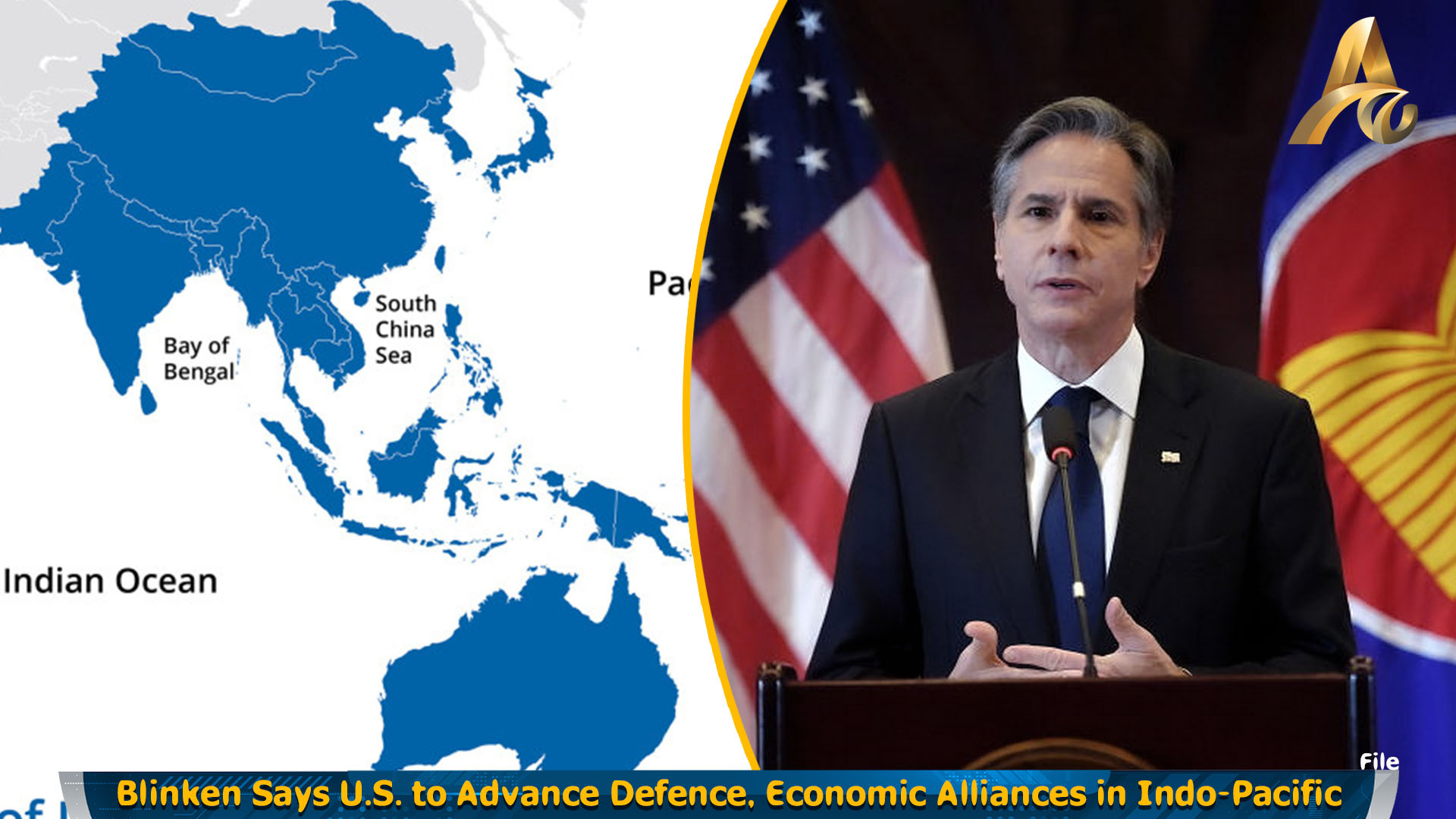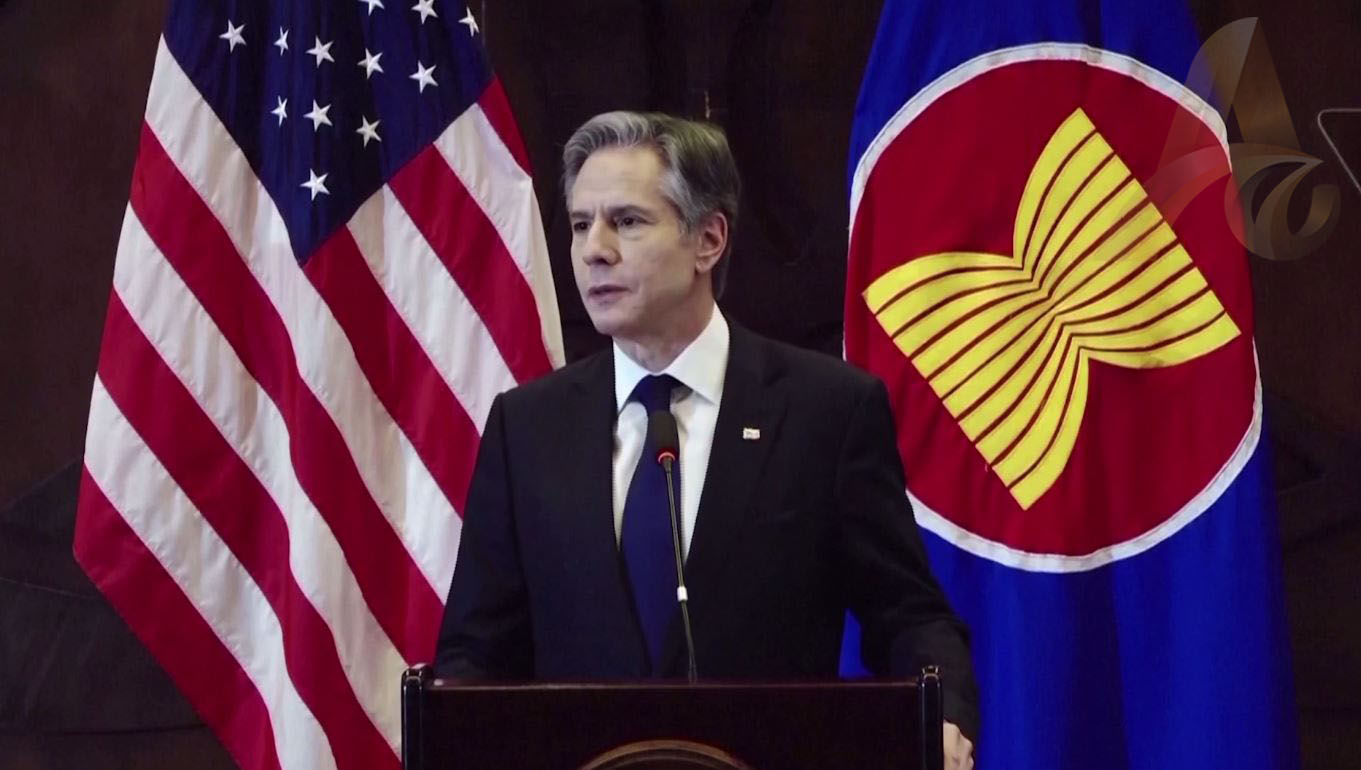INTERNATIONAL: U.S. Secretary of State Antony Blinken said on Tuesday, the United States would advance a free and open Indo-Pacific and deepen treaty alliances and defence and intelligence capabilities with partners in the region.
During a visit to Indonesia, Blinken has said everyone has a stake in keeping the world's most dynamic region free from coercion and intimidation and, in a veiled reference to China, mentioned the United States and some South China Sea claimants would push back against any unlawful action.
"We'll work with our allies and partners to defend the rules-based order that we built together over decades to ensure the region remains open and accessible," he said in a speech at a local university.
The goal of defending the rules-based order is not to keep any country down. Rather, it's to protect the right of all countries, to choose their own path, free from coercion, free from intimidation.
A free and open Indo-Pacific means that on an individual level, that people will be free in their daily lives, and live in open societies. It means that on a state level, that individual countries will be able to choose their own path and their own partners, and we mean that on a regional level. All nations have a stake in ensuring that the world's most dynamic region is free from coercion, and accessible to all.
U.S. will continue to work with our allies and partners to press the Myanmar’s regime to cease its indiscriminate violence, release all those unjustly detained, allow unhindered access, and restore Burma's path to inclusive democracy.
He added that China's "aggressive actions" in the South China Sea threatened more than $3 trillion in annual trade and countries across the region were concerned and wanted that behaviour to change. He has stressed, however, that it was not about a contest between a U.S.-centric or China-centric region.
Blinken is making his first visit to Southeast Asia since President Joe Biden took office in January, a trip aimed at shoring up relations after a period of uncertainty under the administration of Donald Trump and amid growing Chinese influence. He will also visit Malaysia and Thailand later this week.
China claims almost the entire South China Sea as its own, despite over-lapping claims to parts of it by other coastal states and an international tribunal that ruled that China's vast claim had no legal basis. China has rejected the U.S. stance as interference from an outside power that could threaten Asia's stability.
The Indo-Pacific is its own region. Rather, it's about upholding the rights and agreements that are responsible for the most peaceful, and prosperous period this region and the world has ever experienced. That's why there's so much concern, from Northeast Asia to Southeast Asia, and from the Mekong River to the Pacific Islands, about Beijing's aggressive actions.
PHOTO: SOUNDBITES FROM U.S. SECRETARY OF STATE ANTONY BLINKEN DURING POLICY SPEECH























